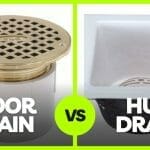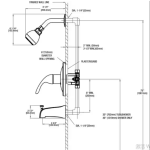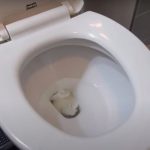Do you worry about ants coming in through the microwave? If so, you’re not alone. Ants are attracted to microwaves because of their high frequency, and they can easily get inside the appliance when they do. Not only is this a problem for your microwave, it can also be a problem for your home.
In this post I will discuss in detail the methods I followed to control ants coming through my microwave vent. I was successful. I hope you will benefit from reading the entire post. So keep reading!
What causes ants to come in through the microwave vent?
There are a few different reasons ants might come in through the microwave vent. One possible explanation is that they’re looking for food. Ants are attracted to things with sugar or starch, so if there’s food available inside the microwave, they’ll be drawn to it.
Another isAnts are attracted to heat, so when they find a warm place to live or nest, they’ll explore it. Microwave ovens are especially warm and inviting due to their high power and frequency.
Read Also: are sharkbite fittings legal in california
How can you prevent ants from coming in through the microwave vent?
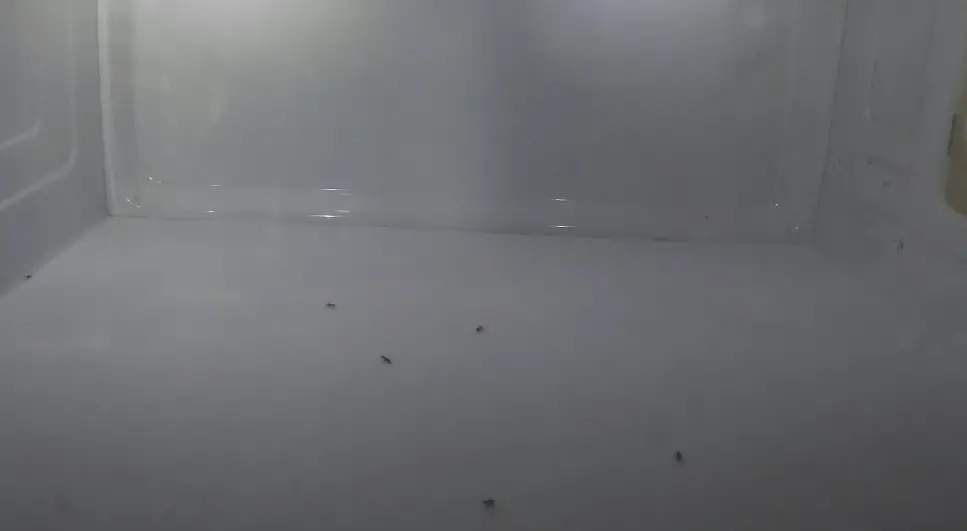
There are several ways you can prevent ants from coming in through your microwave vent. One way is to seal the opening where the vent meets the wall with a silicone caulk or putty. This will help keep moisture and other pests out of the microwave and potentially cause it to stop working. This is the very effective method I will try, and the result is fantastic.
Another method is to use a wire mesh screen over the opening, which will also keep pests out but may not be as aesthetically pleasing. Finally, you can place a layer of foil over the entire opening on both sides, making it difficult for ants to crawl inside. This is also amzing method.
Read also: Aquapiston or Class Five Flush

Tips for cleaning and maintaining your microwave
If you’ve noticed ants coming in through your microwave vent, it’s time to clean it up! Here are a few tips for cleaning and maintaining your microwave: – Open the door of the microwave and use a vacuum cleaner with the hose attachment to remove all the food particles and crumbs.
Make sure to wipe down the inside of the door as well. – Wipe down all surfaces that come into contact with food, including the turntable, power cord, and walls. – Pour 1 cup of white vinegar into a large bowl or container.
Add 2 cups of water and stir until both ingredients are fully mixed. Microwaves work by heating up water molecules, so this solution will kill any ants that come in contact with it. – Close the door of the microwave and turn on power to allow the mixture to soak for 30 minutes.
After 30 minutes has passed, turn off power again and open the door. The ants should have died due to dehydration. If there are still ants present, repeat Steps 1-3 until they’re gone.
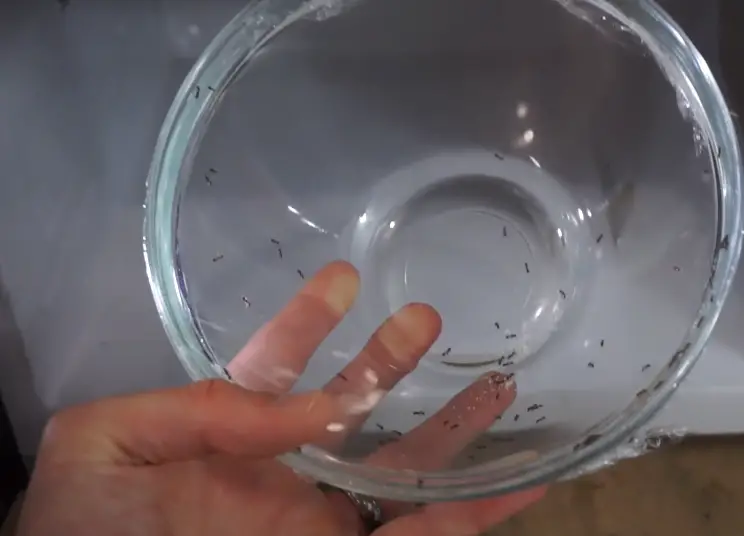
American Standard Vormax Flushing Problems
How do I get rid of ants in my oven?

The best way to get rid of ants in an oven is to clean it thoroughly. Start by removing any food debris or crumbs. Then use a vacuum to clean up any small particles that may have accumulated. After that, use an all-purpose cleaner to wipe down the oven walls, racks, and knobs. Finally, try setting out ant traps or sprinkling ant killer powder around the oven to prevent future infestations.
Read more: Plumbing vent diagram for home
Can ants come in through the pipes?
Yes, ants can enter your home through the pipes. They often find their way in through cracks and crevices in the pipes. To prevent this, make sure all your pipes are in good condition and free of cracks. It is also a good idea to regularly inspect your pipes for any signs of leakage or damage. Additionally, use ant traps or insecticides to prevent ants from entering your pipes.
What hot temperature kills ants?
Ants can die from temperatures as low as 113°F (45°C). However, temperatures of 140°F (60°C) or higher are required to kill them quickly. Heat is the most effective way to kill ants as it destroys the cells of their bodies. However, 130-degree to 150-degree oven for a while to kill oven ants.
Can ants cause electrical fire?
It’s possible that the bugs have caused hidden damage to your electrical outlets that could pose a risk of short-circuiting or fire. If you don’t need emergency service, you can take some additional steps to seal up the gaps that let the ants, cockroaches, and other bugs into your home.
Do ants go away on their own?
No, ants do not typically go away on their own. Ants are persistent pests, and they can survive indoors and outdoors. While they may disappear for short periods due to environmental changes, ants will generally return if the conditions remain favorable for them. To keep ants out, you need to take measures to make your home or garden less attractive to them, such as removing accessible food sources and maintaining a clean environment.
Conclusion
Microwave ovens can be a great convenience, but they can also be a source of pests. If you’re experiencing ants coming in through the microwave vent, there are a few things you can do to prevent them. You can also clean your microwave regularly to keep it free of pests. Finally, make sure to maintain your microwave by replacing the filters and door seals as needed.
- 1St And 2Nd Fix Plumbing Jobs: Essential Guide for Homeowners

- Kitchen Sink Suddenly Stopped Working: Quick Fixes and Tips

- How to Clear a Clogged Plumbing Vent: Expert Tips & Tricks

- Hub Drain vs Floor Drain: What You Need to Know

- How to Layout Plumbing for Bathroom: Expert Tips & Tricks

- Wall Shower Plumbing Diagram: Complete Guide

- How to Fix a Crack in a Plastic Bathtub: Step-by-Step Guide

- How To Remove PEX Pipe From Sharkbite Fitting: Step-by-Step Guide

- Shower Drain Slow But Not Clogged: Easy Fixes for Speed Up Flow

- Pop Up Drain Vs Push Down Drain: Which One Suits Your Sink Best?

- Fix It 24 7 Plumbing Heating Air & Electric Reviews: Unbiased Insights

- How to Unclog a Toilet Without a Plunger: Quick & Easy Tips

- Fix PVC Plumbing Fast: Expert Tips and Solutions

- How Reliable are Sharkbite Fittings: Trustworthy Tech?

- What to Do If Sink Drain Plug is Stuck: Quick Fixes

- American Plumber 600R: Optimize Your Water Purity!

- How to Install a Plumbing Vent Pipe: Step-by-Step Guide

- Plumbing Issues Toilet Backing Up into Shower: Solutions & Tips

- 1 1/2 PVC Plumbing Fittings: Essential Guide 2025

- Toilet Tank Losing Water But No Leak: 9 Reasons And Fix!





